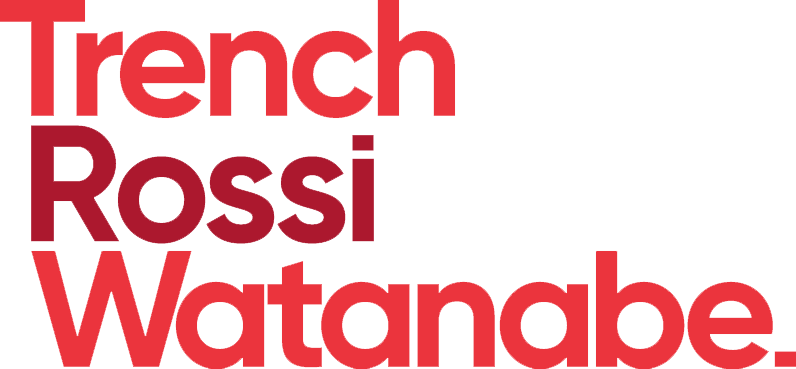In brief
On 23 April 2024, the Federal Senate approved Bill 6,007/2023, which originated as Bill 200/2015, and which generated intense debate among all those involved in the clinical research ecosystem.
While the bill was supported by the economic sectors and part of academia due to the stability and security it brings to clinical research in Brazil, various social segments, part of academia and government authorities who are members of the system raised concerns about the possibility of weakening national ethical guidelines and dismantling the CEP/CONEP system.
Having returned to the Senate and under the report of Senator Dr. Hiran, the substitute was analyzed in detail.
Some highlights:
- The bill fills a gap in the national legal system involving research with human beings, which is currently regulated by infra-legal rules.
- The proposal now covers all research with human beings in all areas of knowledge, not just clinical research. Specific research in the humanities and social sciences will be regulated in the future.
- The Senate rejected the Chamber of Deputies’ proposal to abolish the National System of Ethics in Clinical Research and maintain the CEPs as the only body for ethical review. The two-tiered system (CEPs and the “national research ethics body”) was re-established.
- The Senate maintained the obligation for CEPs to have an interdisciplinary composition.
- The Senate rejected the possibility of the CEP waiving the signing of an Informed Consent Form (ICF) for the future use of data and biological material in new research.
- The use of placebo was regulated.
- There are rules on the manufacture, use, import and export of goods and products for clinical research purposes.
- The Data Protection Law must be observed in relation to the disposal of human biological material, its data and the protection of research participant data.
- The need for prior approval of clinical trials by ANVISA is maintained when the research involves health-related products. The sanitary analysis related to primary petitions for clinical trials with human beings cannot exceed ninety working days.
- There are rules on post-trial supply and the preparation of a post-study access plan. The post-study plan must ensure the continuity of the participant’s safety follow-up, in order to guarantee that they receive the experimental treatment after the end of the clinical trial for a fixed period of time.
- The free supply may be interrupted, with justification from the CEP, in seven defined situations, such as, for example, the impossibility of obtaining or manufacturing the experimental drug for technical or safety reasons, and provided that the sponsor provides an equivalent or superior therapeutic alternative on the market; the expiry of a period of 5 (five) years, counting from the commercial availability of the experimental drug in Brazil or the availability of the experimental drug in the SUS.
- Conducting research with human beings in breach of the provisions of the Law constitutes an ethical infraction and subjects the offender to the disciplinary sanctions provided for in the legislation of the professional council to which they are linked, without prejudice to civil and criminal sanctions. There is express provision for situations that constitute health infractions, as well as the subsidiary application of Data Protection Law.
More details
We recommend a detailed analysis of the final wording of Bill 6,007/2023, as there are other important changes. This bill will now be sent for presidential approval.
* * * * *

Trench Rossi Watanabe and Baker McKenzie have executed a strategic cooperation agreement for consulting on foreign law.





